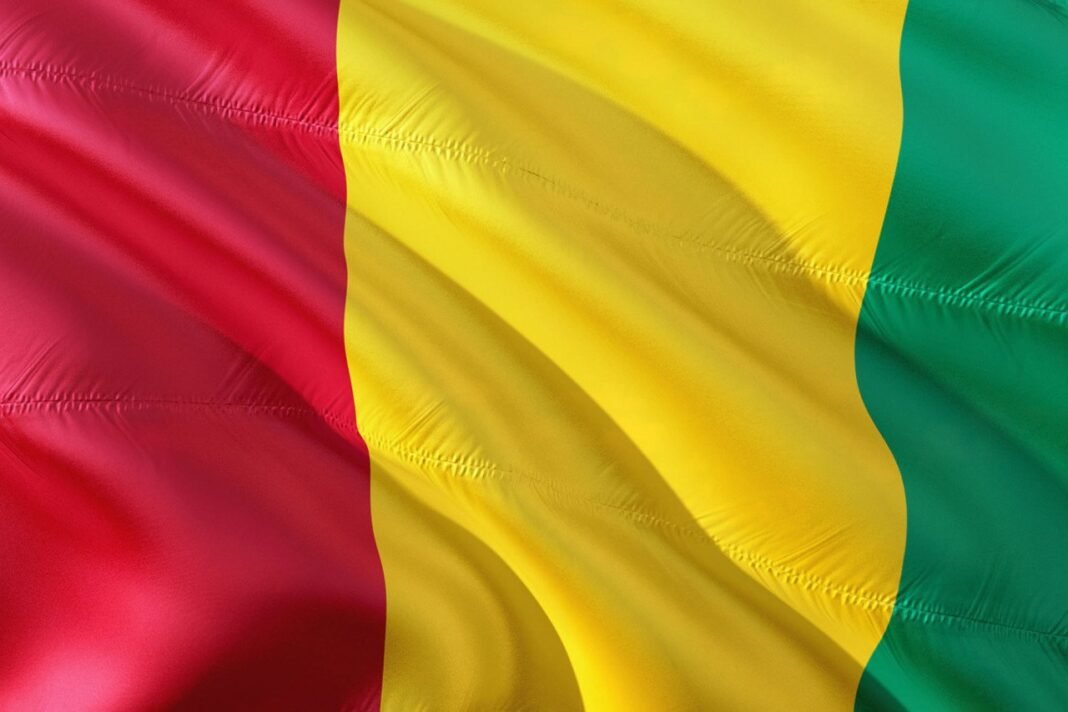Conakry, 2 October 2023 (TDI): Guinea Independence Day, celebrated on October 2nd, is indeed a significant occasion for the people of Guinea. This day commemorates the country’s independence from French colonial rule, which was achieved on October 2, 1958.
After years of French colonial rule, Guinea embarked on a historic journey towards independence, led by its visionary president. This day is dedicated to recognizing Guinea, its populace, its historical legacy, and its prospects for the future.
On the occasion of Guinea’s Independence Day, the Honorable Speaker of the National Assembly of Pakistan, Raja Pervez Ashraf, conveyed warmest wishes to Dr. Dansa Kourouma, the Honorable President of the National Council of Transition (Conseil National de la Transition) of Guinea, as well as the entire Guinean populace.
The Ministry of Foreign Affairs Pakistan has also extended its warmest felicitations to the people and government of Guinea in honor of Guinea’s Independence Day.
Guinea is situated in West Africa and shares its western border with the Atlantic Ocean. One of its notable features is the Mount Nimba Strict Nature Reserve, located in the southeastern part of the country.
This reserve serves as a protective habitat for a diverse range of indigenous flora and fauna, including chimpanzees and the viviparous toad.
Also Read Nicaragua Independence Day 2023
Along the coastal region lies the capital city, Conakry, where you can find the modern Grand Mosque and the National Museum, housing a collection of regional artifacts.
Guinea is a linguistically diverse country with over thirty languages spoken, of which eight are designated as official national languages. These official languages include Bassari, Guerzé, Kissi, Koniagui, Maninka, Peul, Susu, and Toma.

Language policies have shifted over the years, with periods of promoting local languages and the use of French as the official language.
In terms of culture and symbolism, Guinea’s national symbols include its flag with red, yellow, and green bands and a coat of arms bearing the motto “Work, Justice, Solidarity.”
The Nimba, a wooden headdress representing fertility among the Bagas, serves as a prominent national symbol and is found on the currency and logos of various organizations.

The country’s landmarks include the Grand Mosque in Conakry and the tombs of African leaders Alfa Yaya and Samori Touré, who resisted French colonial rule.
The mosque of Dinguiraye in the Futa Jallon region is also a significant monument, constructed by Al-Hajj Umar Tall in the mid-nineteenth century.
Despite numerous challenges, hardships, and political conflicts, Guinea stands as a resilient nation filled with optimism, maintaining its independence.
Iffat Masood is Contributor and Content writer on THE DIPLOMATIC INSIGHT, and also Ambassador from IAMCR. She is perusing her PhD. from UAB Barcelona, Spain in Audio-Video Communications and Advertising.








